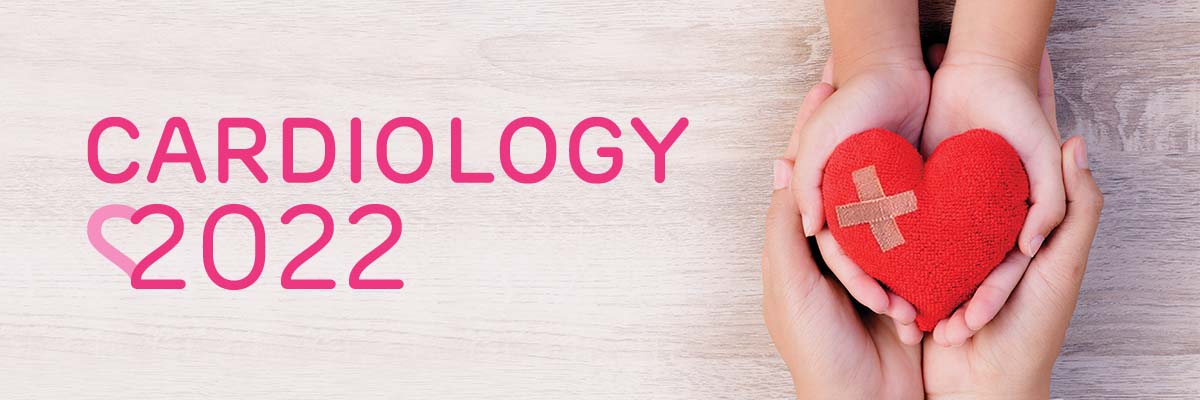
Pandemic-Associated Patient Experiences and Attitudes Toward Telemedicine in an Adult Congenital Heart Disease Clinic
Presented By:
Mia Shiue, Annique Nyman, Robert Karvell, Sara Partington, Tamar Preminger, Christian Reda, Emily Ruckdeschel, Kathleen Sullivan, Lynda Tobin, Sumeet Vaikunth, Joshua Saef, Yuli Y. Kim
Overview:
Background: The COVID-19 pandemic has driven a broader adoption of telemedicine (TM) across all domains of outpatient care. We hypothesize, that as a relatively young and complex patient population, adults with congenital heart disease (ACHD) would have a positive reception of TM. We aim to 1) describe ACHD patients’ experiences and attitudes toward TM during the pandemic, 2) know characteristics of those who have had TM visits with their ACHD provider, and 3) explore factors associated with a positive attitude toward having TM visits in the future with their ACHD provider.
Methods: This was a cross-sectional survey of ACHD patients from February to June 2022 who were approached in an outpatient clinic. Patients were grouped by history of prior TM visit with their ACHD provider. Between-group comparisons were made using Wilcoxon-Rank Sum, Chi-Square, or Fisher-Exact testing. Fear specific to the pandemic was assessed by a validated seven-item ‘Fear of COVID’ questionnaire. Patients were subsequently categorized according to their interest in TM for future visits (positive, neutral, or negative). Univariate logistic regression was performed for variables of interest that could correlate with “positive” response. Significance was determined using an alpha level of 0.05.
Results: In our study cohort (n=262, median age 33 [interquartile range 27, 41], 55.3% female, 80.5% Caucasian), 115 (43.9%) had at least one prior TM visit with their ACHD provider. Of these patients, 110 (95.7%) reported an overall positive experience. Patients who had a TM visit were more often female (p=0.019), had complex disease (p=0.015), and earned less than $50,000 ($50K) annually (p=0.001). Of the total cohort, 64 (24.4%), 119 (45.4%), and 76 (29.0%) patients had a positive, neutral, and negative attitude towards future TM visits, respectively. Patients with cardiology visits every 3 or 6 months compared to those who saw their ACHD provider annually or less (Odds Ratio [OR] 2.44, 95% Confidence Interval [CI] 1.33 – 4.48; p < 0.01), high fear of COVID compared to low fear (OR 4.11, 95% CI 1.15 – 15.31; p=0.03), and those with prior TM visit (OR 1.89, 95% CI 1.07 – 3.36; p=0.03) had a higher odds of having a positive attitude towards future TM use. Male patients (OR 0.53, 95% CI 0.28 – 0.96; p =0.04) had a lower odds of having a positive attitude towards future TM use. Age, disease complexity, distance from clinic, and employment status were not associated factors.
Conclusion: Among ACHD patients, we describe characteristics of those who had prior TM visits with their ACHD provider and document a high rate of satisfaction with their experiences. Despite this, only ~1/4 indicated a definite interest in using TM in the future with their ACHD provider. Frequent cardiology visits, fear of COVID, and prior experience with TM were associated with increased odds of positive attitude towards future TM use. Further studies examining the potential reasons for this discrepancy between experience with and attitudes towards TM can help ACHD providers understand the role of TM in their clinics.
